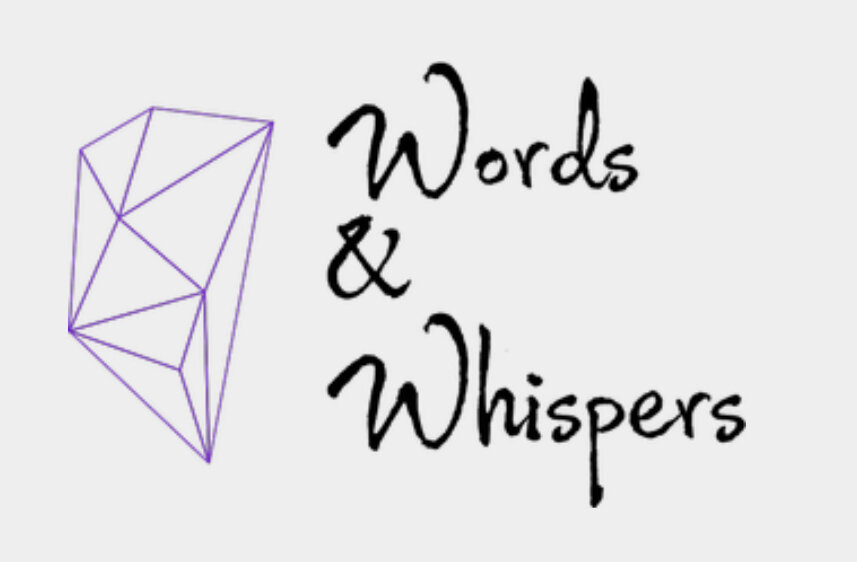Editor’s Note
Ashley Renselaer, Founder & Editor-in-Chief
Dear Readers,
As I am tasked with the great honor of teaching three meetings of a poetry class, I think of what it means to be a teacher of poetry. I’ve been a student of poetry for as long as I can remember; poetry has anchored me, guided me, and has been my catharsis allowing me to release into words what the heart cannot hold. Yet, how is such a magical experience to be transferred to others? Then I remember William Stafford’s words: “everyone is born a poet – a person discovering the way words sound and work, caring and delighting in words”. If poetry lives within us – is essentially us – then all that needs to be done is to allow the poem itself to find its pulse deep in the hearts, and then burst to the surface. We should trust in the knowledge that in poetry we will always find a word, an image, or a metaphor resonating with a perception, a memory, or an emotion we have felt once before or long to experience.
In Issue 11 of Words & Whispers, we encounter remarkable poems that connect us to a version of our own struggles and hopes, our own truths. In her poem, “the brightest sunsets”, Amanda Nicole Corbin explores perceptions of self in the face of personal struggles: “she promises / chugging jars of nighttime under / a plugged nose, collapsing on herself / laughing at joke that only exists / in the future while someone accuses / another of stealing – wasnt her, never / her – she isnt that kind of bad, / always one more, just one / more, just”. Indeed the poets in this issue rattle our senses with vulnerable truths time and time again. In “Seasons in a Marriage”, John Bennet gives us a moving portrait of loss: “the Fall would not have been so bad; / we could have carried on. / Our tears would not have dripped in vain, / if we could still be one”.
Elsewhere, Kim Malinowski renews our perception of what constitutes a love poem: “Let me calculate our radials / distance between / my shovel / your towel / waltz fingers through channers / leave me beautifully broken / taste of grit / and bone dust / praying on tongue”. And in “The Summer My Mother Died”, Katie Svedman grants us a window into old memories and the complexities of childhood: “the almond extract because it smells as acidic and sterile / as her breath. I don’t think I can go back to the third / grade in August when I understand bigger things now, / like the urge to squish a frog in the palm of your hand”.
The poems in this issue remind us that we are all poets by virtue of being humans. The language of poetry touches our lives and allows us to see the vulnerable and valuable in ourselves; sometimes, beyond all the teachings, all we need to do is to let the poem speak for itself.
Humbly,
Ashley Renselaer
Founder & Editor-in-Chief
Words & Whispers Literary Journal
